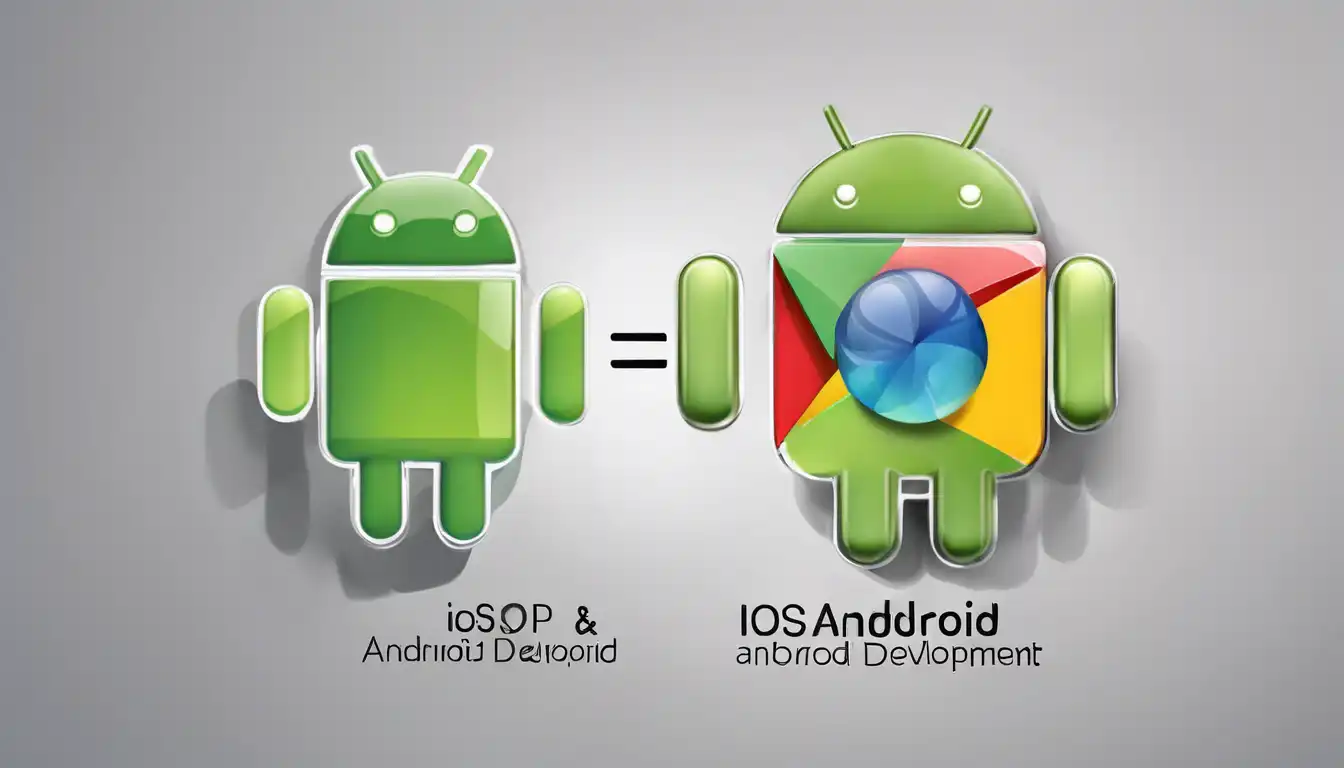Understanding iOS and Android Development
When it comes to mobile app development, iOS and Android stand out as the two dominant platforms. Each has its unique ecosystem, development tools, and user base. Understanding the differences between iOS and Android development is crucial for developers aiming to create successful applications.
Development Languages
One of the primary differences lies in the programming languages used. iOS development primarily uses Swift or Objective-C, while Android development relies on Java or Kotlin. This distinction affects not only the development process but also the learning curve for new developers.
Development Environments
iOS developers use Xcode, Apple's integrated development environment (IDE), which is only available on macOS. Android developers, on the other hand, use Android Studio, which is available on multiple operating systems including Windows, macOS, and Linux.
Design Guidelines
Apple and Google have their own design guidelines—Human Interface Guidelines for iOS and Material Design for Android. These guidelines influence the app's look and feel, ensuring consistency across apps on each platform.
Fragmentation
Android's open nature leads to a wide range of devices and OS versions, making fragmentation a significant challenge. iOS, with its limited number of devices and controlled OS updates, offers a more uniform environment.
App Store vs Google Play
The process of publishing an app also differs. Apple's App Store has a rigorous review process, while Google Play is more lenient. This affects the time it takes to get an app live on each platform.
Monetization
Monetization strategies can vary between the two platforms. iOS users tend to spend more on apps and in-app purchases, making it a lucrative platform for developers. Android, with its larger user base, offers opportunities through ads and a wider reach.
Choosing Between iOS and Android Development
Deciding whether to develop for iOS, Android, or both depends on various factors including target audience, budget, and development resources. Many developers choose to develop for both platforms to maximize their app's reach.
For those interested in diving deeper into mobile development, exploring our resources on mobile development can provide valuable insights and tools to get started.
Conclusion
iOS and Android development each have their advantages and challenges. By understanding the key differences, developers can make informed decisions about which platform to target, ensuring the success of their mobile applications.
